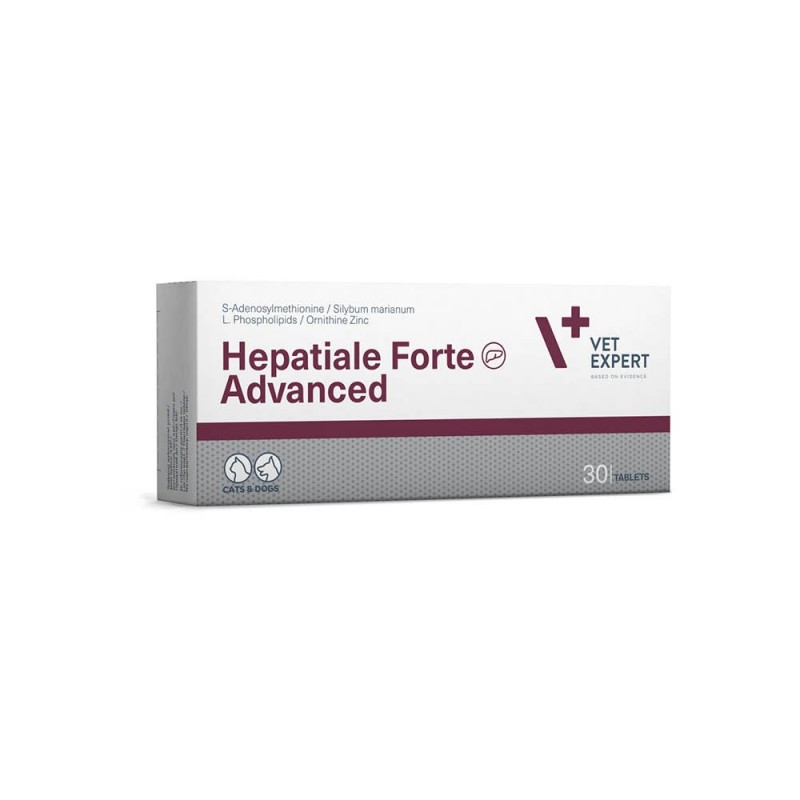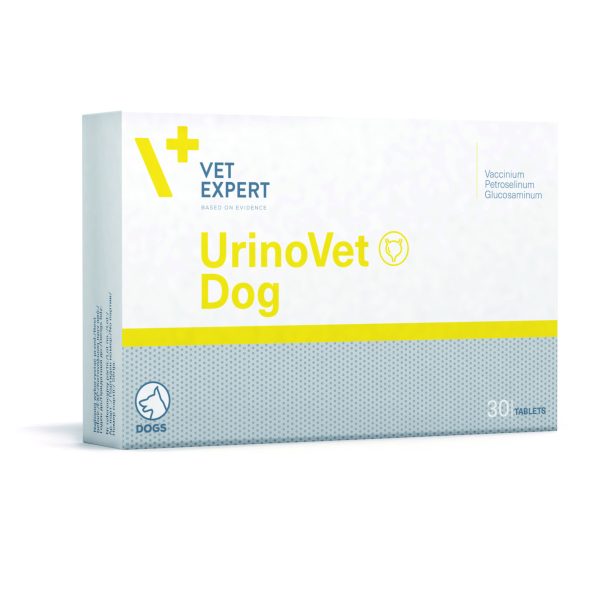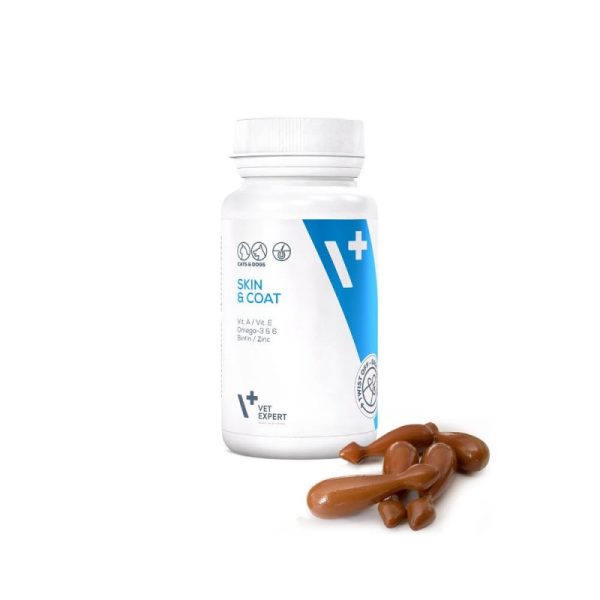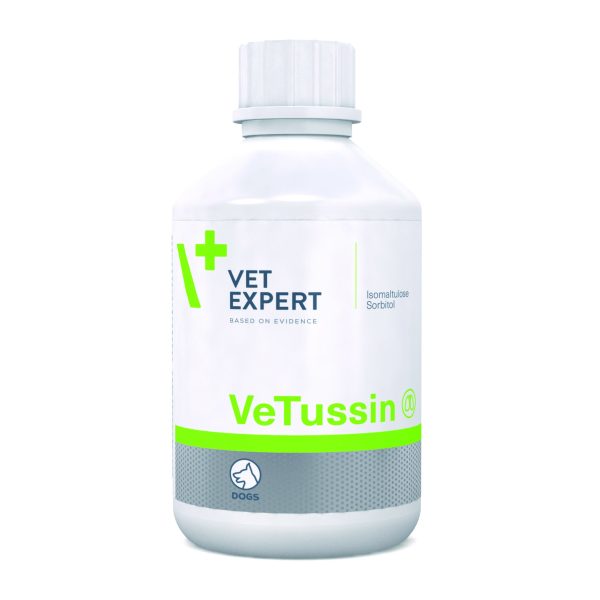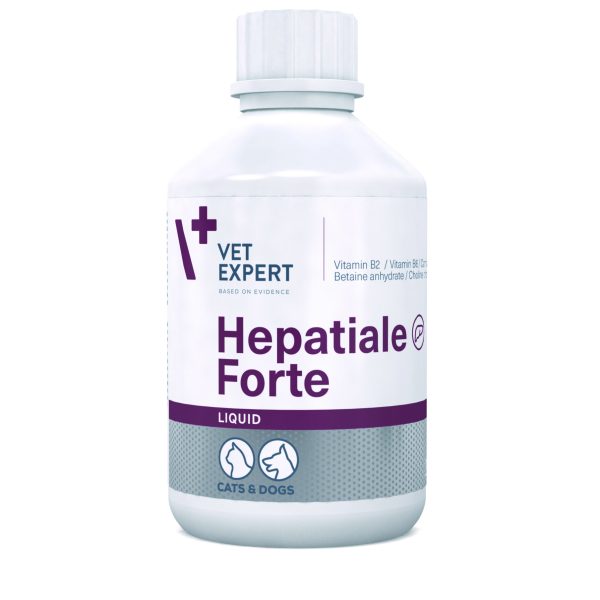Description
The lecithin from soya beans is a source of phospholipids. These compounds are naturally occured in all cell membranes and must be supplied to the body from outside. Phospholipids are rich in fatty acids and constitute the building blocks of membranes of liver, brain and heart cells. The most important phospholipid is phosphatidylcholine, which constitutes about 40% of all phospholipids forming the membrane of liver cells, i.e. hepatocytes. Phosphatidylcholine is involved in the metabolism of fats, has a protective effect on hepatocytes, supports the processes of regeneration and stabilisation of hepatocyte cell membranes, and protects the liver from damage.
Arginine is an exogenous protein amino acid involved in a number of metabolic processes in the liver. Its primary function is related to the transport, accumulation and excretion of nitrogen and ammonia via the urea cycle. Arginine is the precursor of ornithine in the aforementioned urea cycle. It is also a conditionally essential amino acid in cases of metabolic stress and in high-protein diets.
Glutamine is a non-essential amino acid that becomes conditionally essential under catabolic stress conditions. Its primary function is to provide substrates for gluconeogenesis, which takes place in the liver. It is also a precursor of ornithine and thus plays an important role in nitrogen metabolism and helps to remove ammonia from the body, formed by protein metabolism.
Betaine (trimethylglycine) is a derivative of glycine and the main methyl group donor. By donating a methyl group, betaine participates in the synthesis of S-adenosylmethionine (SAM), which is a natural antioxidant. In addition, it increases the concentration of glutathione, which also promotes cell protection against free radicals.
Milk thistle extract (Silybum marianum) contains silymarin, an active complex of 4 flavonolignans including silibin, silidiamine, silicristin and isosylibinin. Silymarin has a hepatoprotective effect, i.e. protective and stabilising effect on liver cells. This complex seals the membranes of hepatocytes and protects them from penetration of toxins. Silymarin has strong antioxidant properties, maintains high glutathione concentration in liver cells, influences RNA and DNA synthesis, takes part in protein biosynthesis in liver cells. The combination of silybin with phospholipids has a very strong protective effect on the liver.
Zinc is a component of many enzymes necessary for the proper functioning of body organs such as liver. In the liver, zinc supports the metabolism of glucose and fats as well as protects liver cells from breakdown processes. Zinc stabilises cell structures, protects cells from free radicals and is necessary for the proper functioning of many immune cells.
Instruction for proper use:
- Cats and dogs up to 10 kg b.w. – 1 tablet every other day.
- Dogs over 10 kg b.w. – 1 tablet per every 10 kg b.w. daily.
- Administered before or during meals. Tablets can be administered crushed. If daily dose provides administration of several tablets it can be divided into 2-3 portions.
- Animals should always have access to fresh water.
Composition: 9.6.1 L-arginine, 12.3.2 L-glutamine, 2.18.11 soya beans Glycine max. (L.) Merr., 11.3.1 dicalcium phosphate, 13.6.4 magnesium stearate.
Nutritional additives (g/kg): 3a920 betaine anhydrous 126.6 g, 3b603 zinc oxide 0.7 g.
Sensory additives (g/kg): 2b milk thistle Silybum marianum (L.) Gaertn. extract 90.4 g.
Technological additives (g/kg): 1E460 microcrystalline cellulose 217.2 g, 1E551b colloidal silica 10.8 g.


